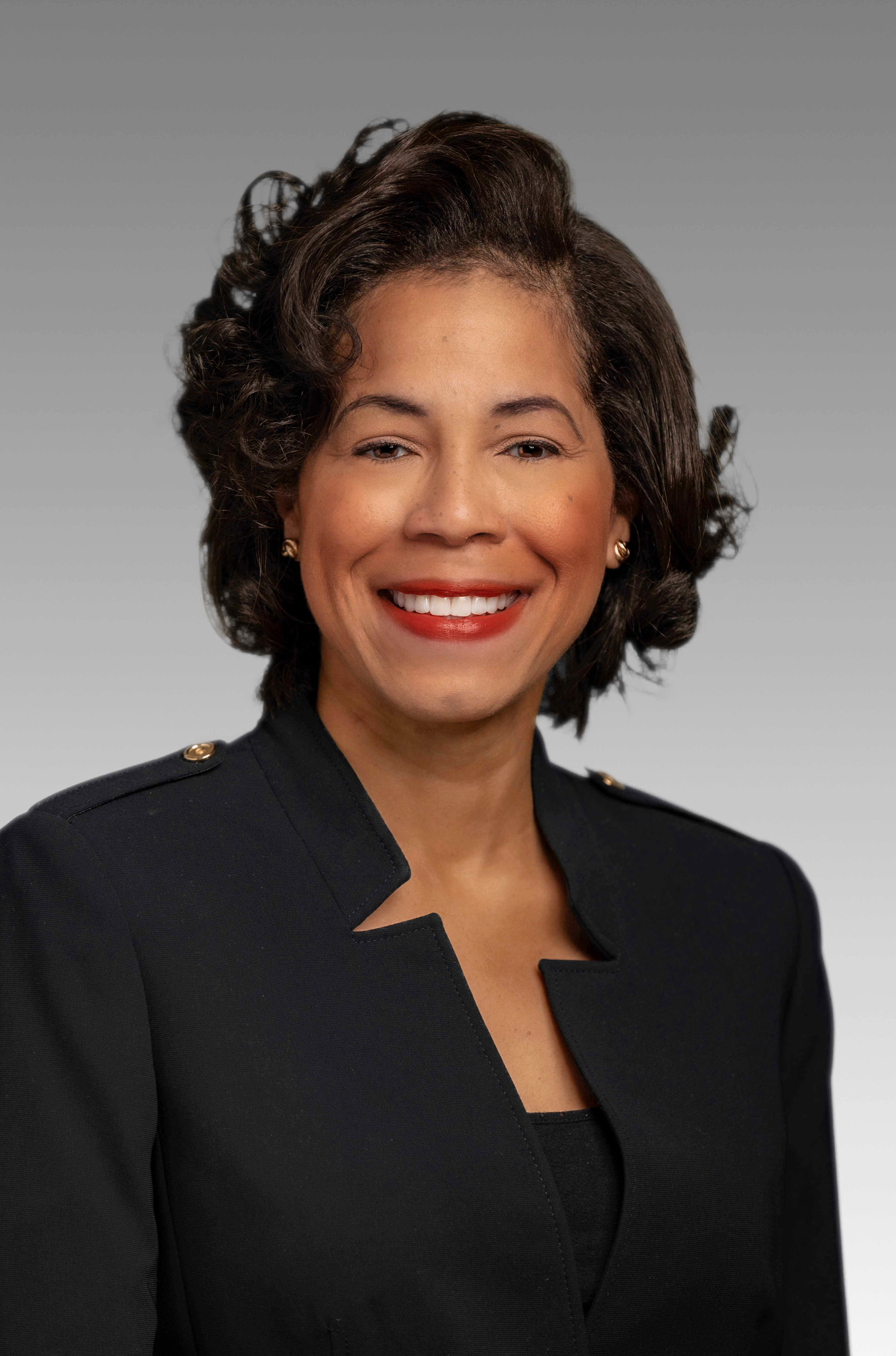Download this PDF for an overview of the activity and goals of the Partnership's One Houston Together effort.

A look at the Houston population by race, ethnicity, age, education and other factors.

The Kinder Institute examines gaps in income, educational attainment, neighborhood services and other metrics and their impact on opportunity.

Understanding Houston aggregates data across multiple sources to provide an accessible, one-stop platform for understanding key quality of life issues in Houston’s three most populous counties.

